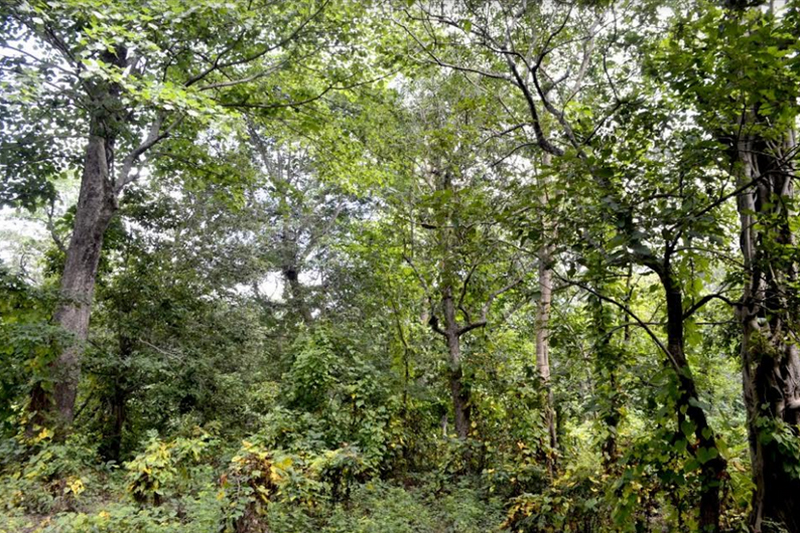New law empowers local levels to control pollution in their area
KATHMANDU, AUGUST 14
The Environment and Natural Resources Protection Act-2020, enacted for the purpose of all local levels prohibit any person or organisation from causing pollution contrary to the existing standards, that may cause significant adverse impact on public life, human health and environment.
“No vehicle, industrial enterprise, hotel or restaurant shall emit sound, heat, radioactive radiation, wave or waste or wastewater in excess of the limits prescribed in the standards.
In such case, the concerned local level shall initiate necessary action against the polluters,” reads the act. As per the act, it shall be the responsibility of local levels to protect minerals, biodiversity, forests, forest products and wildlife and wetlands of their concerned areas, and maintain their updated records.
Any person or organisation found guilty of committing an offence prohibited by this act may be liable to a fine ranging from Rs 30,000 to Rs 50,000.
The local level will prescribe any laboratory established by the federal or provincial government for testing the samples of waste or pollution.
Likewise, the local level may appoint an environmental inspector for inspection and monitoring of public places, hospitals, industrial enterprises, hotels or restaurants, and recommend to the concerned local level for action against the polluters. However, the responsibility to manage or dispose of harmful, hazardous, chemical and industrial waste shall lie with the concerned person or organisation producing such refuse.
According to Environment Statistics of Nepal-2019, 90 per cent of industries, which produce toxic waste, have been operating without proper waste management system.
Some 89.3 per cent of industries lacked solid waste management facilities. Areas with heavy traffic, commercial-cum-residential areas and industrial areas inside Kathmandu valley exceeded the limit of noise and air pollution set by World Health Organisation.
The act holds concerned local levels responsible for collection and disposal of waste, and prohibits any domestic or foreign organisation to carry out waste management without obtaining permission of the local government. A local level may award the contract for waste management to the private and community sector through open competition.
The law also authorises the local level to levy fees on persons and organisations for waste management. Executive body of the concerned local level shall have the power to order persons or organisations for segregation of biodegradable and non-biodegradable waste at source before their collection and safe disposal.
According to the Ministry of Federal Affairs and General Administration, this act has already come into force in almost all local governments. A local law is guided by the objective of protecting the fundamental rights of each citizen to live in a clean and healthy environment, carrying out proper use and sustainable management of natural resources and maintaining balance between environment and development activities, reads the preamble of the act.
It holds concerned municipality/rural municipality responsible to protect the environment of its area, while requiring each citizen to make contribution to building an environment-friendly society.
As per the act, a local level, in coordination with the federation and the concerned province may designate any specific area as an open or green space for environment protection.
A version of this article appears in e-paper on August 15, 2020, of The Himalayan Times.






